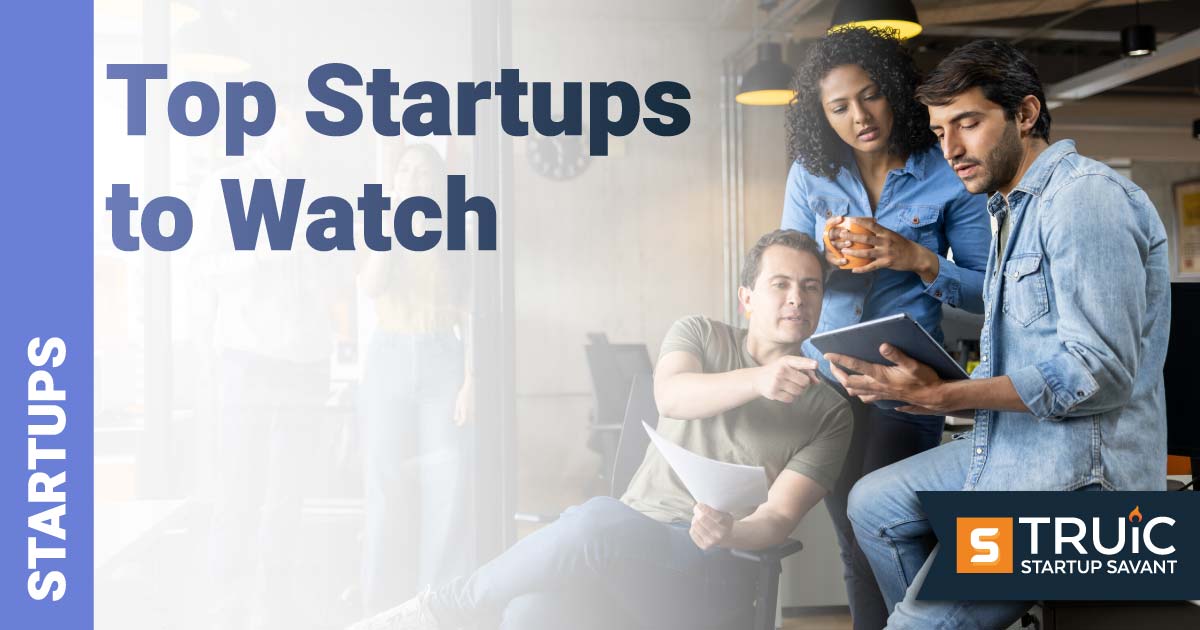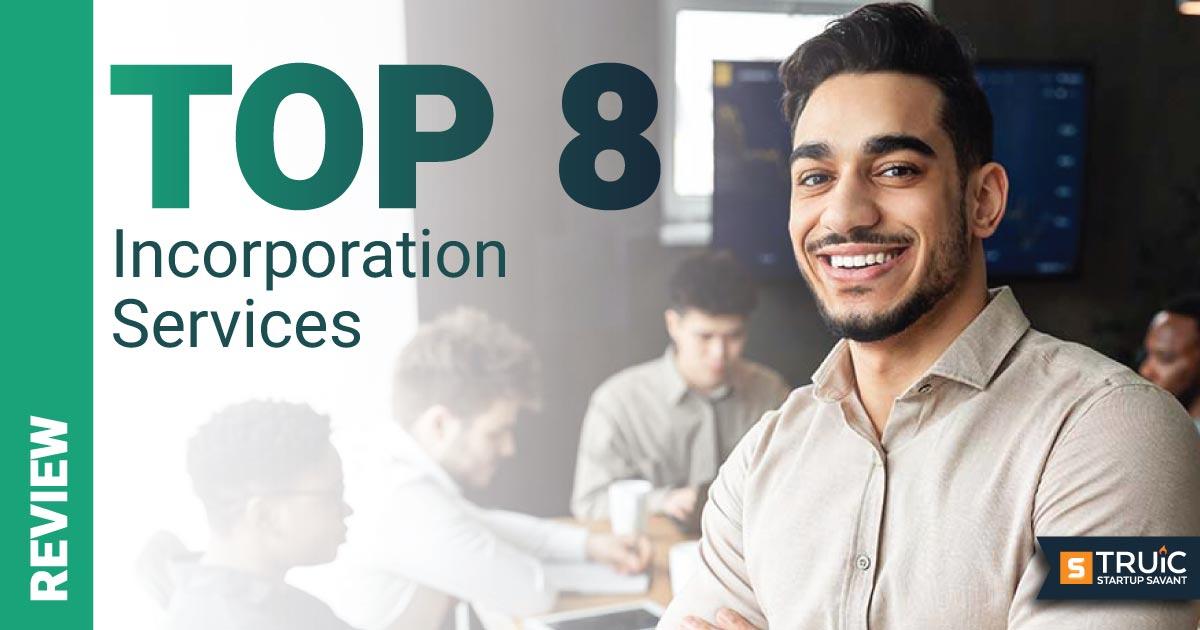Community Phone Profile
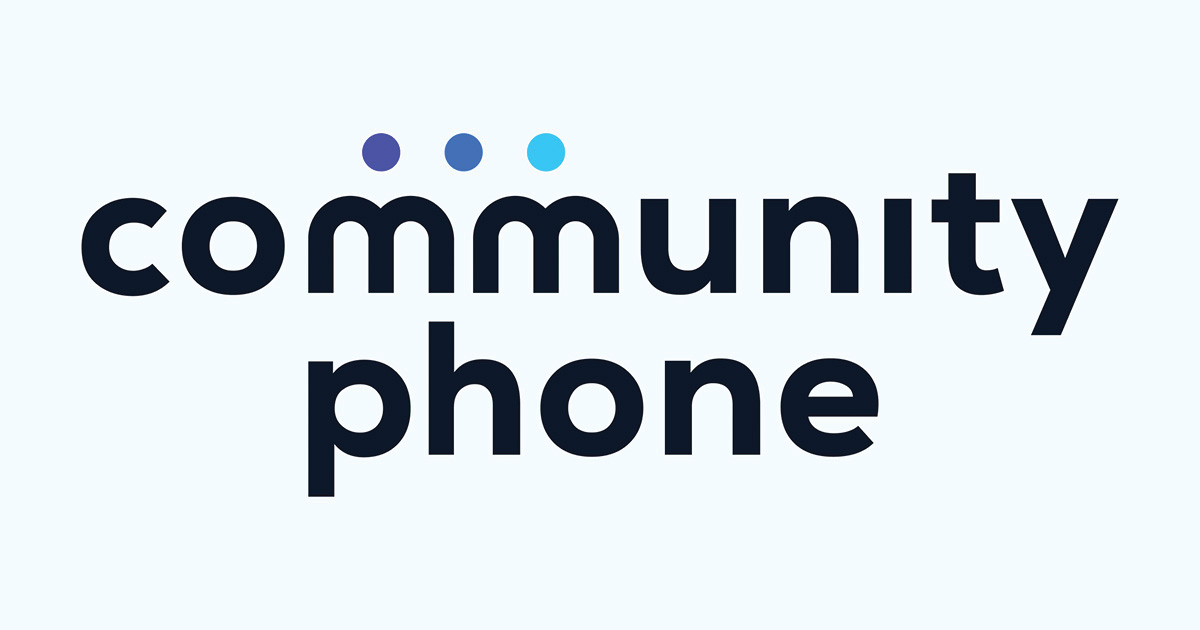
Last Updated: By TRUiC Team
Community Phone is a telecommunications startup innovating the landline to provide better service to communities that prefer landline use over mobile devices.
Interview With James Graham
Describe your product or service & the problem it's solving:
“Business phone service, landline phone service, mobile phone service.”
How did you come up with and validate your startup idea? Tell us the story!
“Before Community Phone, I started Caffeine — a company offering the fastest way to do HTTPS on mobile apps. We provided service to mobile developers at very large companies (ex: want to increase their checkout flow speed and also improve their security). We became experts in last-mile mobile networks. I met the VPs of products at companies like Facebook and Snapchat. I learned that most of the data that they require consumers to pay for has nothing to do with what consumers see in newsfeeds.
Consumers pay for a service like XM radio and also get ads — they’re getting double-dipped. FM radio is free with ads. What’s the difference? Both are radio. I became obsessed with that question and decided the best way to answer that was to start a phone company and focus on the most vulnerable people, seniors. After spending time with my grandmother, I realized that she and others were getting taken advantage of by big phone companies. We took a table out to the streets of Boston and Milwaukee and had to convince people we weren’t selling religion, we were selling SIM cards and better customer service. We had some success with that and figured out how to take over a retail store without paying rent, and that was our business model. Then COVID came along and said that that wasn’t our business model. We took our team down from 12 to three. We wandered around in the dark asking, ‘Why am I here?’ You start to feel totally insane.
Then we surrendered to people who kept asking us for a land line when we were selling a cell phone. I was resistant. I tried to convince people they didn’t want a landline, they wanted their landline number on a SIM card. That’s not what they wanted. We gave up on our identity and were sucked into a vortex of people calling in, and we’d say, ‘OK.’ That was two years ago.”
How are you funded? I.e. type of funding, number of funding rounds, total funding amount.
“We are well-funded (prefer not to disclose). Raise most of our funds from our customer base. We’re cash flow neutral so never have to raise funds again.”
How big is your team?
“Approaching 100 soon. We’re at 65+ with staff based globally — Kenya, Ukraine (who fled and is now in Barcelona) Argentina, everywhere. We don’t focus on where, we focus on who the people are — the internet allows for so many magical things to be facilitated.”
Who is your target market? How did you determine this?
“Seniors. If we are lucky enough where a customer joins CP, we have an opportunity to serve them until they die. Most of our lead gen is from helpful customers.”
What's your primary marketing strategy?
“Our customers are our best marketing partners. We provide a unique service that they want. They often refer their friends and family to us.”
How did you acquire your first 100 customers?
“Tabling in Boston and Milwaukee.”
What are the key customer metrics / unit economics / KPIs you pay attention to to monitor the health of your business?
“Our North Star, from a financial POV, is recurring revenue and then the churn on recurring revenue, and the shape of that churn. You need to believe that there’s a segment in there that doesn’t churn. There’s sustainable, profitable revenue where you get to keep a lot of it to pay staff and invest in the business. Beneath that is return on any type of growth effort, allocating capital in a way that returns the quickest with the most quality. We also look at customer number, day-over-day changes, referral, conversion rate in the funnel, all the growth metrics.”
What was the biggest obstacle you encountered while launching your company? How did you overcome it?
“Our team went through the Y Combinator and felt like a bunch of weirdos (promoting a landline service). We were with all these people doing Crypto and we wanted them to introduce us to their grandma. We asked ourselves, “Why are you here?” Y Combinator is about the future — very high tech. When what you’re doing doesn’t match the pattern of your surroundings, it creates a lot of discomfort.
I’ve met so many smart people. The founder of Skype passed on our round. That was crushing. When smart people, heroes you admire, explain in such a detailed fashion — they’re so convincing that you definitely do wonder. There is a real tension there. We asked, “What are we? Is this really how we’re going to spend all of our 20s?” Betting against consensus reality and being right are the biggest opportunities. It’s easier to live there when you’re succeeding.”
What is something that surprised you about entrepreneurship?
“I’m kind of surprised about everybody in my childhood who told me that none of this would ever work. I didn't expect it to take so long. That may sound strange since it seems quick, but I’ve been working on ideas since I was 14. I used to value what I thought a lot, and I’m surprised with how little that matters. Are you right? And even if you are right, no one cares until you prove it. At Caffeine we did all this groundbreaking R & D, and it was incredible how no one cared. A great product shows people that they’re right for wanting it, rather than telling people what they want. What they wanted existed with or without the product.”
What is your #1 piece of advice for startup founders?
“General advice is always wrong for the individual person. Don’t trust any general advice — ever. The person advising had a unique personal experience and now dares to generalize. There are no authorities. Nobody really knows what people want. The whole history of technology is underestimating the long term and overestimating the short term. You’re just getting started with everything. Have a lot of fun, have as much fun as possible.”
Tell Us Your Startup Story
Are you a startup founder and want to share your entrepreneurial journey with our readers? Click below to contact us today!
More on Community Phone
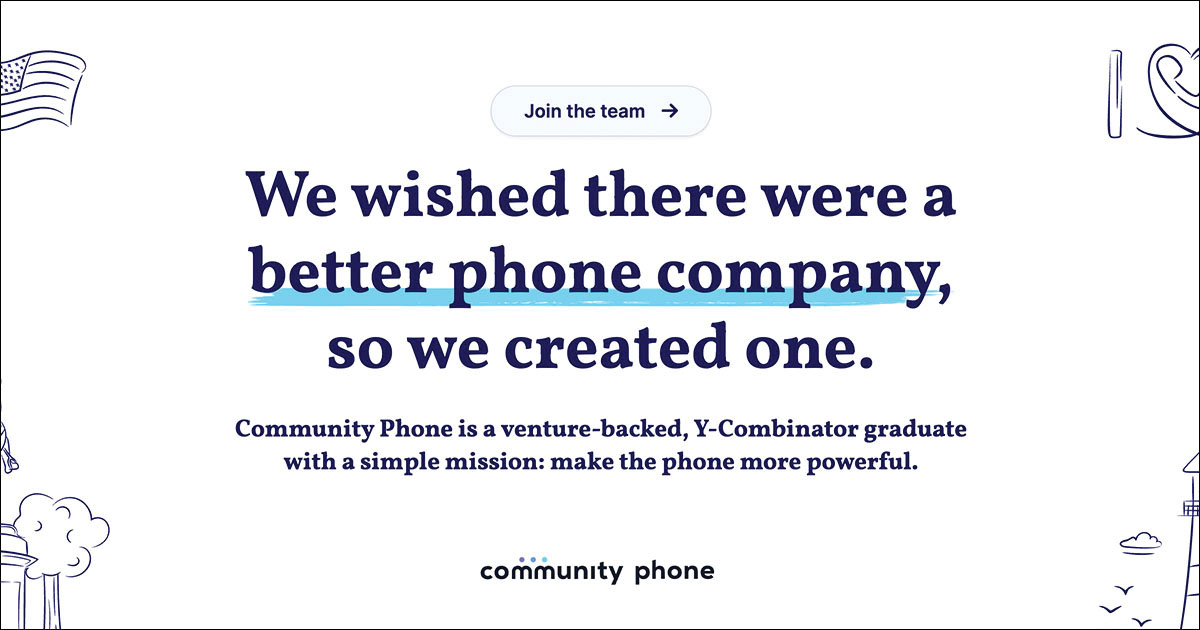
Community Phone Is Expanding the Boundaries of Phone Service
Community Phone has built the next iteration of the Plain Old Telephone Service (POTS). This is this telecom startup's origin story.
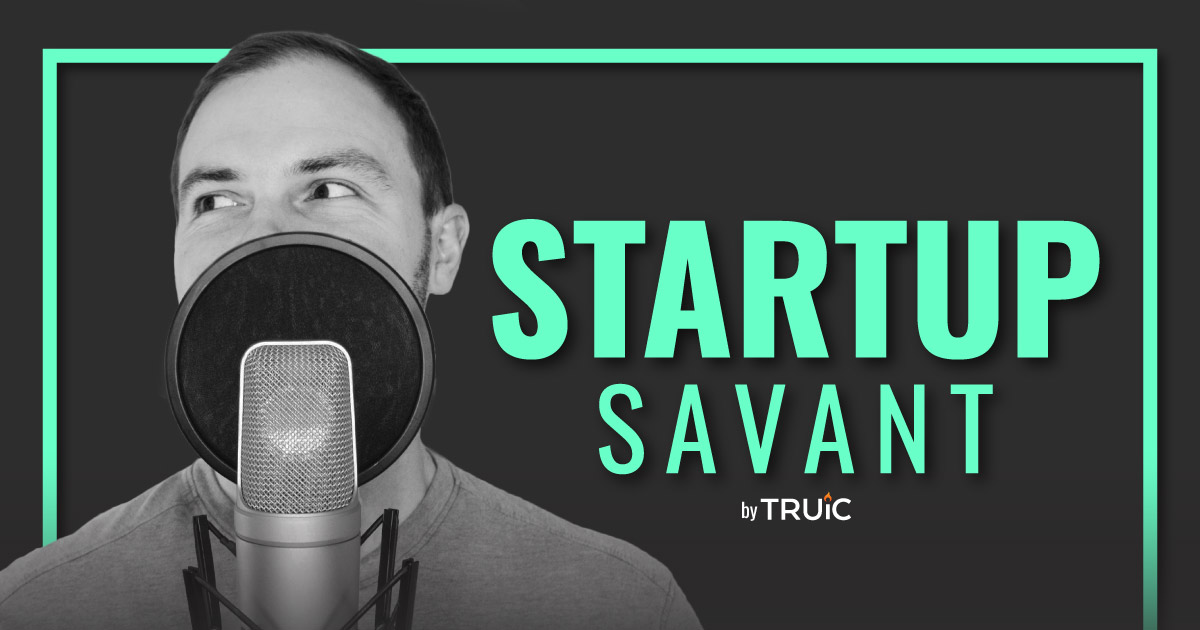
Nailing Product-Market Fit & Bringing Back the Landline with Community Phone
James Graham, founder of Community Phone, joins the podcast to discuss his Y-combinator-backed landline startup and the value of product-market fit.




